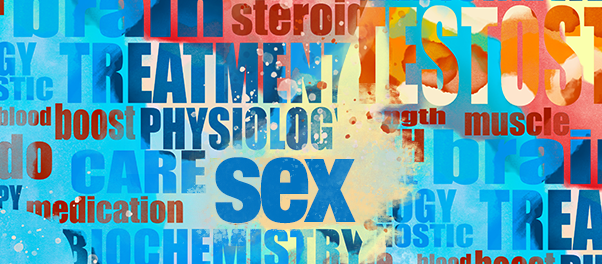Understanding Psilocybin
Psilocybin, the psychoactive compound found in certain mushrooms, is gaining attention for its potential in treating mental health issues, mainly through its ability to influence serotonin receptors in the brain. Once ingested, psilocybin is converted into psilocin, its active form, which is known to produce profound changes in perception, mood, and thought.
The Therapeutic Potential of Psilocybin
Recent studies highlight psilocybin's effectiveness in reducing symptoms of anxiety, particularly in patients with life-threatening diseases. The treatment is thought to work by "resetting" parts of the brain — notably the default mode network, which plays a crucial role in self-referential thoughts associated with depression and anxiety. Research at institutions like Johns Hopkins has shown significant results in reducing anxiety and depression symptoms with psilocybin-assisted therapy, offering a new hope for patients who have not responded well to traditional treatments.
- A study found that 80% of participants with severe cancer had significant decreases in depression and anxiety symptoms after a single dose of psilocybin, lasting up to six months.
- Another trial showed two doses of psilocybin led to significant reductions in depression symptoms, with about 60% of participants in remission four weeks later.
Psilocybin Therapy in Practice
In therapeutic settings, psilocybin is administered in controlled, safe environments under the supervision of trained professionals. These sessions are designed to provide psychological support and ensure patient safety, enhancing the therapeutic outcomes.
Setting Up for Therapy
Environment Preparation: Psilocybin sessions occur in calming settings resembling living rooms, featuring soothing colors, comfortable seating, and minimal distractions. This promotes a safe space for relaxation and openness.
Supervision by Trained Professionals: A trained therapist or medical professional is essential, providing emotional support and guidance during the session. They ensure safety and foster the therapeutic process.
Pre-session Preparation: Therapists conduct preparatory meetings with patients to discuss mental health history, expectations, and treatment goals. This alignment is crucial for successful therapeutic outcomes.
During the Therapy
Dosage and Administration: Psilocybin is given in controlled oral doses, typically capsules or tablets, based on the patient’s health and treatment goals.
Experience Monitoring: During the several-hour session, the therapist monitors the patient’s drug response, offering reassurance and guidance through emotional navigation. Calming music and eye masks may aid deeper introspection.
Therapeutic Conversation: The therapist may engage in conversation to explore thoughts and emotions that arise, aiding the integration of the psychedelic experience.
Post-session Integration
Integration Sessions: After psilocybin effects fade, follow-up sessions are crucial for patients to integrate their experiences into daily life. This integration is key to applying insights gained during therapy for long-term growth.
Ongoing Support: Continued support may be offered post-therapy, including extra integration sessions or traditional psychotherapy to sustain and enhance the benefits gained from psilocybin therapy.
Safety and Efficacy
While psilocybin is known for its safety and tolerability, it's crucial to acknowledge the risks of negative experiences, such as paranoia or intense anxiety, during sessions. Thus, the setting and support systems are meticulously planned to mitigate these risks. The treatment's legality varies by location, with places like Oregon and Colorado leading in legalizing and regulating psilocybin therapy, reflecting a growing acceptance of its therapeutic potential.
Future Directions
The ongoing research and clinical trials continue to broaden our understanding of psilocybin's therapeutic potential. The evidence supports its use not just for anxiety but also for depression, PTSD, and even addiction, signaling a significant shift in how we might treat mental health disorders in the future. As the body of evidence grows, so does the anticipation for broader acceptance and integration of psilocybin therapy into mainstream mental health practices. Staying informed about the latest research and regulatory changes is crucial. With continued study and refinement, psilocybin therapy holds the promise of transforming mental health treatment paradigms, offering a potent alternative to conventional therapies.
Additional Resources
- https://concept.paloaltou.edu/resources/business-of-practice-blog/exploring-ketamine-therapy-for-depression
- https://concept.paloaltou.edu/resources/business-of-practice-blog/mdma-assisted-psychotherapy-for-ptsd
Additional Resources
Training
- Trauma-Informed Ethical Decision Making
- Introduction to Psychedelic Assisted Psychotherapy
- https://concept.paloaltou.edu/course-4-0/Prevention-and-Intervention-Approaches
Research























